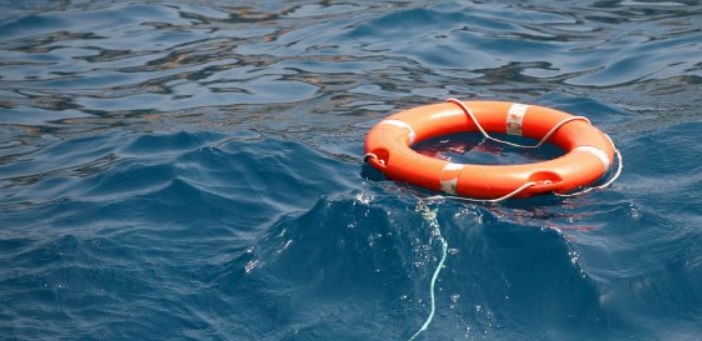The European Transport Workers Federation (ETF) released a statement regarding sea rescue operations. ETF highlights that casualties in the Mediterranean have been extremely high since 2014 and presents its demands to improve this situation.
Figures from the United Nations High Commissioner for Refugees (HCR) reveal that 2,216 deaths and missing took place in 2018; 3,139 in 2017; 5,096 in 2016; and 3,771 in 2015.
[smlsubform prepend=”GET THE SAFETY4SEA IN YOUR INBOX!” showname=false emailtxt=”” emailholder=”Enter your email address” showsubmit=true submittxt=”Submit” jsthanks=false thankyou=”Thank you for subscribing to our mailing list”]
However, the law requires any ship master to help any individual in distress at sea, regardless of that person’s nationality, status or of the circumstances he/she was found in.
Seafarers’ trade unions from many European countries emphasised their compliance to the traditions, saying that rescue is a fundamental obligation, regardless of the person and his/her circumstances.
ETF noted that it resists any attempt to criminalise masters and crew of ships involved in rescue operations.
They are acting pursuant to their obligations emanating from international law. And the governments that are refusing to provide sufficient resources to rescue people are violating those laws
For this reason, amendments to the SOLAS Convention regulation 33 and the SAR Convention chapter 3.1.9 aim to secure the continuity and integrity of SAR services, to ensure people in distress at sea are rescued while limiting the damages those interventions may cause to the ships concerned. For this reason, they require that the contracting States:
- Agree and cooperate so that ship masters rendering assistance by taking people in distress on board be exempted from their trading obligations with a minimal deviation compared with the initial route;
- organise for rescued people to be disembarked as soon as possible.
Nevertheless, criminalisation of sea rescue is increasing. Many legal proceedings have been started against sea masters and crew, fishermen or NGOs engaged in periodic rescue operations. After years of legal procedures, they have all been acquitted, which shows the abusive nature and dissuasive purpose of these trials, ETF states.
As a result, the Federation called the European Union and its Member States to regulate the prevention of such criminalisation. It said that this is essential to ensure proper implementation of the Palermo Protocol against the smuggling of migrants (2000), which has been ratified by the European Union and its Member States.
What is more, ETF concluded to some demands, in order to improve this situation. These are:
- We ask shipowners to support masters and crew who save lives providing them with legal backup should authorities question them;
- We demand that States granting flags and States coordinating rescue operations honour their obligations under international law and commit to effectively cooperate. Faced with the increasing number of persons to be rescued at sea, seafarers from the merchant navy cannot compensate for national governments failing to honour their legal obligations. Governments need to take all measures necessary to ensure every single person seeking rescue is taken care of;
- We demand that Member States’ public services for sea rescue be appropriately staffed, trained and equipped to fulfill their obligations, especially given the increasing number of people needing rescue;
- We ask that European governments facilitate flag acquisition for ships coming within the scope of humanitarian actions to rescue migrants in high seas;
- Beyond that, we consider it a states’ obligation to organise search and rescue operations, such as Mare Nostrum used to be, rather than solely focusing on security measures, such as Frontex and NATO patrols.






























































